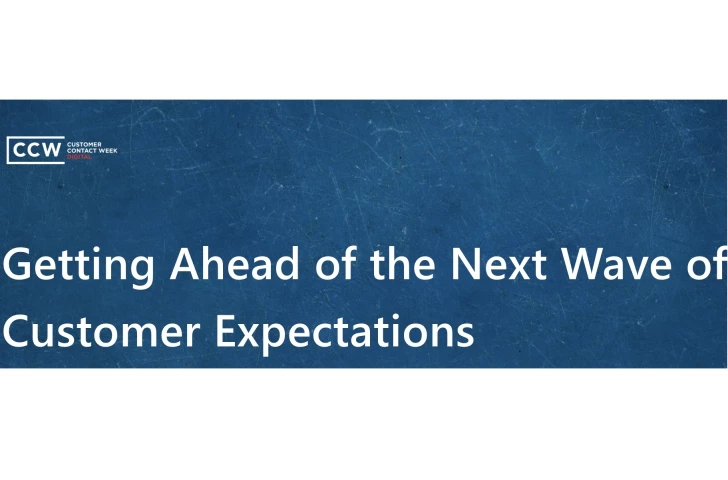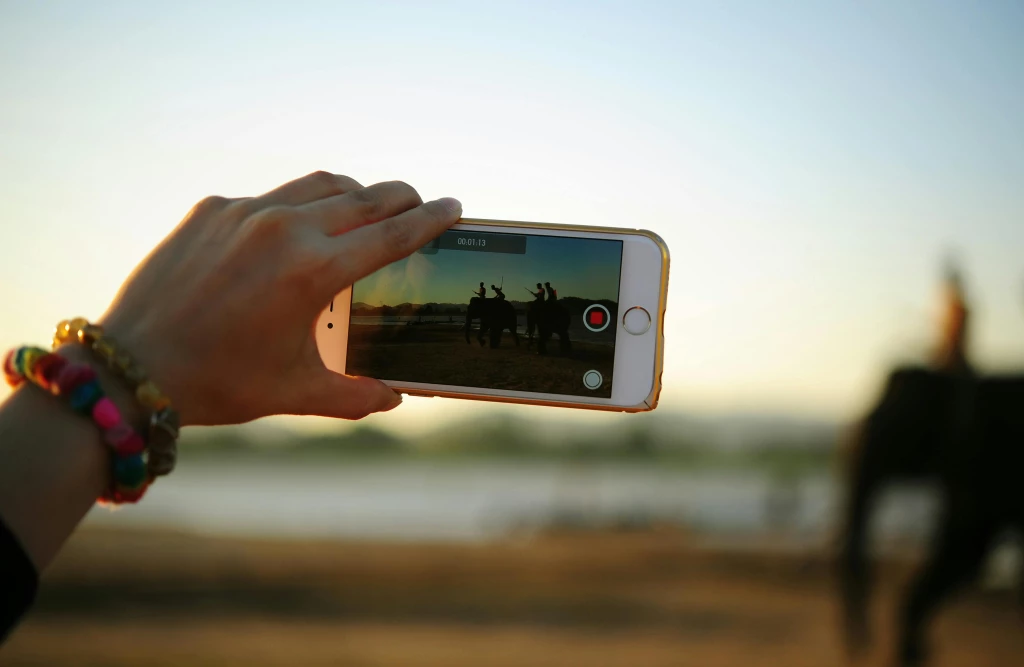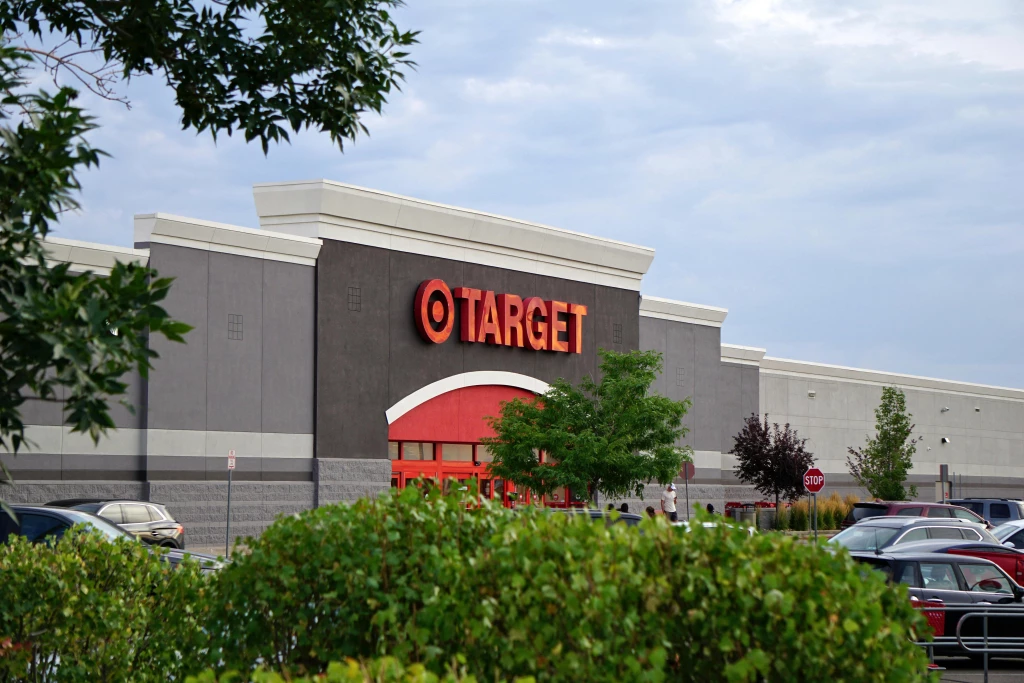How 3 Leading Brands Secured Customer Loyalty in 2021
Add bookmark
Companies were put in a tough position this past year; as customers faced overwhelming change, they relied on their favorite brands to get them through. With growing pressure to adapt to the ‘new normal’, brands worked to meet rising customer expectations and create experiences that were accessible to everyone. In the end, companies that consistently cultivated exceptional experiences, and prioritized innovation during these difficult times have ultimately been rewarded.
This is evident in the most recent list of top companies, according to their surveyed customers. In a recent study conducted by Comparably.com, customers rated brands on six main factors: quality of the product or service, customer service, return on investment, overall satisfaction, loyalty, and the likelihood they would recommend to a friend. In the data collected between August 1, 2020 and August 1, 2021, customers determined the 100 best brands across industries like entertainment, fashion, and financial services.
To understand what makes these companies so exceptional in the eyes of the customer, it’s worth outlining some of the priorities and service strategies the top brands are leveraging. Here’s what make the top 3 best brands so unique:
#1 Peloton
Peloton took the number one spot on the list, leading with a 78 Net Promoter Score out of the 100 point rating system. While this placement isn’t entirely surprising today, the at-home exercise innovator has grown immensely in the past year.
Its success is based on the fact that it is not just an exercise company, but an entire media and tech hub — by producing its own content, creating its own online community, and designing the bike from the ground up, Peloton has been able to establish a brand that goes well beyond the exercise equipment itself. After being called the “Apple of fitness”, the brand has continued to innovate and improve its customer experience to keep customers engaged and satisfied with every unique workout.
In CNBC’s Make It profile of the company, Instructor Robin Arzon states of the platform, “...whether you’re getting a high-five from a fellow rider or you’re getting a shout-out on your first run ... there’s an intimacy there that doesn’t exist most places, certainly not in a space where you’re interacting digitally, and instructors are kind of breaking that fourth wall and in people’s homes. That’s really powerful stuff.”
It’s this level of engagement that makes the company so unique, customers feel they are a part of a distinct community. Because of this ‘togetherness’ customers are more likely to invite friends. If they are able to grow their circles and continue to interact with friends, it makes it all the more motivating. Therefore, the element of community is actually the biggest asset in terms of NPS: it literally gives users a personal reason to recommend the brand.
#2 Netflix
Netflix is the runner-up, and its place on the list makes sense. The streaming service thrived throughout the pandemic; customers stuck at home relied on entertainment, and Netflix was right there with them, providing an abundance of content.
But beyond the influx of new shows and movies, Netflix’s best quality is its focus on continuous improvement and innovation. According to the streaming service, personalization is one of its key pillars, and it ensures that each individual member has access to a different and unique tailored platform. By leveraging its unique algorithm, Netflix notes that it has not just one product, but hundreds of millions, within every member profile. In this sense, the streaming platform notes, every experience is personalized across many dimensions.
Netflix frames every homepage as a ‘canvas’ and chooses content recommendations, organizes it into personalized rows, and even adapts artwork to represent each video in a way that will resonate with the user. It’s this level of detail that keeps that platform both intuitive and seamless for every customer. Additionally, it would be remiss not to mention the platform’s progression into a leading production company — its plethora of original, award-winning content has attracted a loyal following, which is likely to have prompted its NPS of 57. As the company continues to release new content, it benefits from a continuous stream of customer anticipation and buzz, giving non-users new motivation to subscribe to the service.
#3 Costco
Costco was ranked in the third spot and acts as a fairly different pick than the top two. The wholesale retailer, which offers just about everything from toilet paper to electronics in bulk sizes, represents a unique departure from its innovative digital counterparts, Peloton and Netflix. However, the company maintains the same customer-centric outlook as the top two, which keeps customers coming back.
When comparing all three, it’s worth mentioning that they’re all subscription or membership-based models, leading to a more exclusive community feel. Costco’s membership program gives the customer access to impressive deals, but it also inspires them to continue coming back to justify the greater membership cost. And, when thinking of the other two companies, this may be a factor for all three. Peloton’s monthly membership undoubtedly keeps users active and encourages repeat use, and Netflix’s subscription model keeps customers from straying easily.
However, what Costco ultimately benefits from is the exceptional customer experience its staff is able to deliver. Costco consistently works to improve its employee relationships, and the retailer apparently offers its staff highly competitive salaries and health benefits. With this, the brand experiences low turnover rates, leading to more knowledgeable and well-trained staff, and increasingly satisfied employees. All of these lead to a better in-store experience and long-term customer relationships.
Photo by PEXELS
























